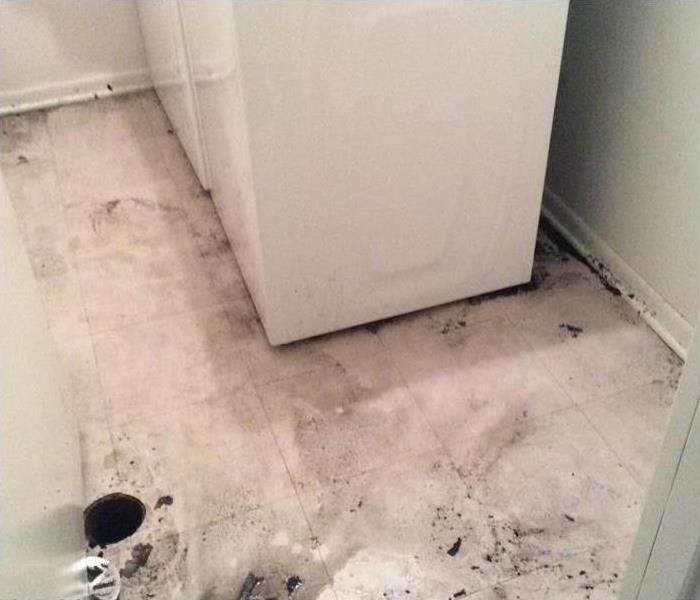Responding to a Home Flood Disaster
3/18/2019 (Permalink)
 If you experience a flood due to a broken pipe or other water event, it's important to act quickly and safely.
If you experience a flood due to a broken pipe or other water event, it's important to act quickly and safely.
Responding To A Home Flood Disaster
A flood can be one of the most devastating things to happen to your home and life. It can come from heavy rain, a broken pipe, defective appliances, sewage backup, and other unexpected causes. Because flooding is generally kept off your radar until it actually happens, you may find yourself overwhelmed with questions about how to act in the best interest of your safety and belongings. Here are three tips for responding to a home flood.
1. Identify the Damage
Is the source of the water a broken pipe or something more complicated? Is it clean water or contaminated? These kind of questions will help you decide how to proceed. If it's Category 2 or Category 3 contaminated water, it could be hazardous to enter the area without proper protective gear. Do not enter the wet area unless it is clear what kind of damage you have experienced.
2. Turn Off Power
Your next move should be to shut off the main power to your home in order to avoid electrocution in the initial cleanup stages. If this task will have you wading through the flooded area, do not proceed with the list and simply evacuate the home.
3. Call a Professional
Although there are minor things you can do while waiting for emergency restoration services to arrive, it is not wise to take on remediation without the proper training and experience. There are a mountain of risks that could end up worsening the damage if you’re not careful. Even simply waiting too long to begin cleanup poses a danger to your home and health, so it is best to act as soon as the water in your home is detected. Do not attempt to fix a damaged pipe or appliance on your own, either; always consult an expert in La Grange, IL for advice on your specific situation.
If you experience a flood due to a broken pipe or other water event, it's important to act quickly and safely. Sometimes the safest, smartest thing to do is leave cleanup to the professionals.






 24/7 Emergency Service
24/7 Emergency Service